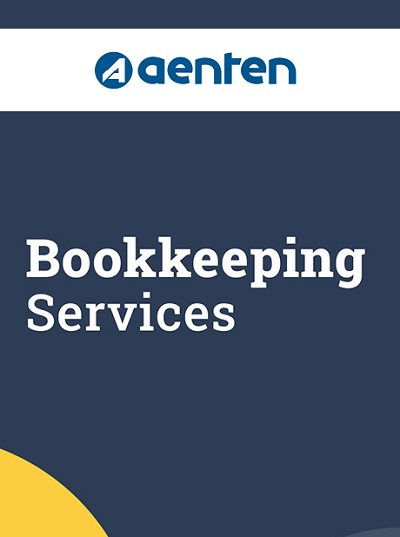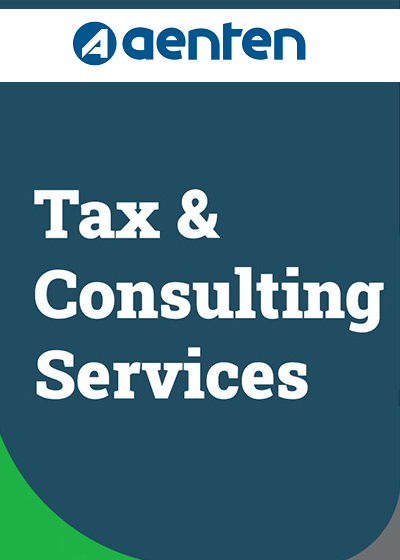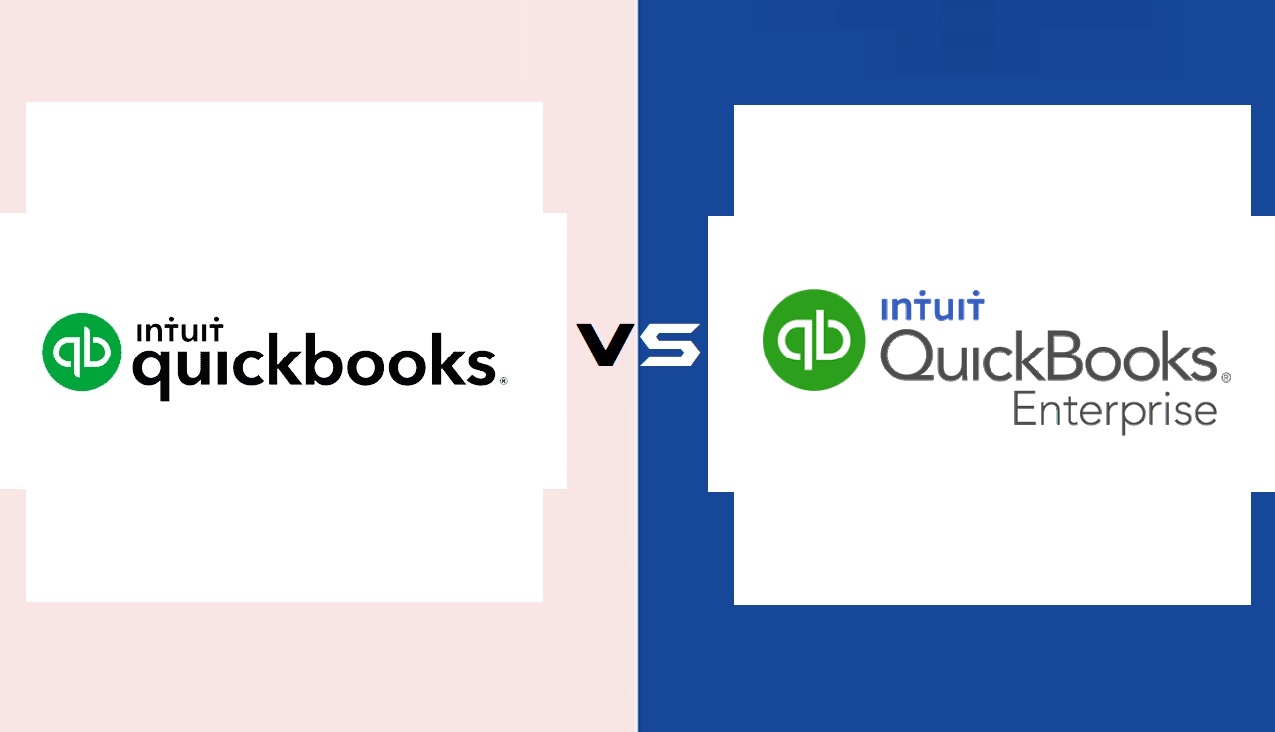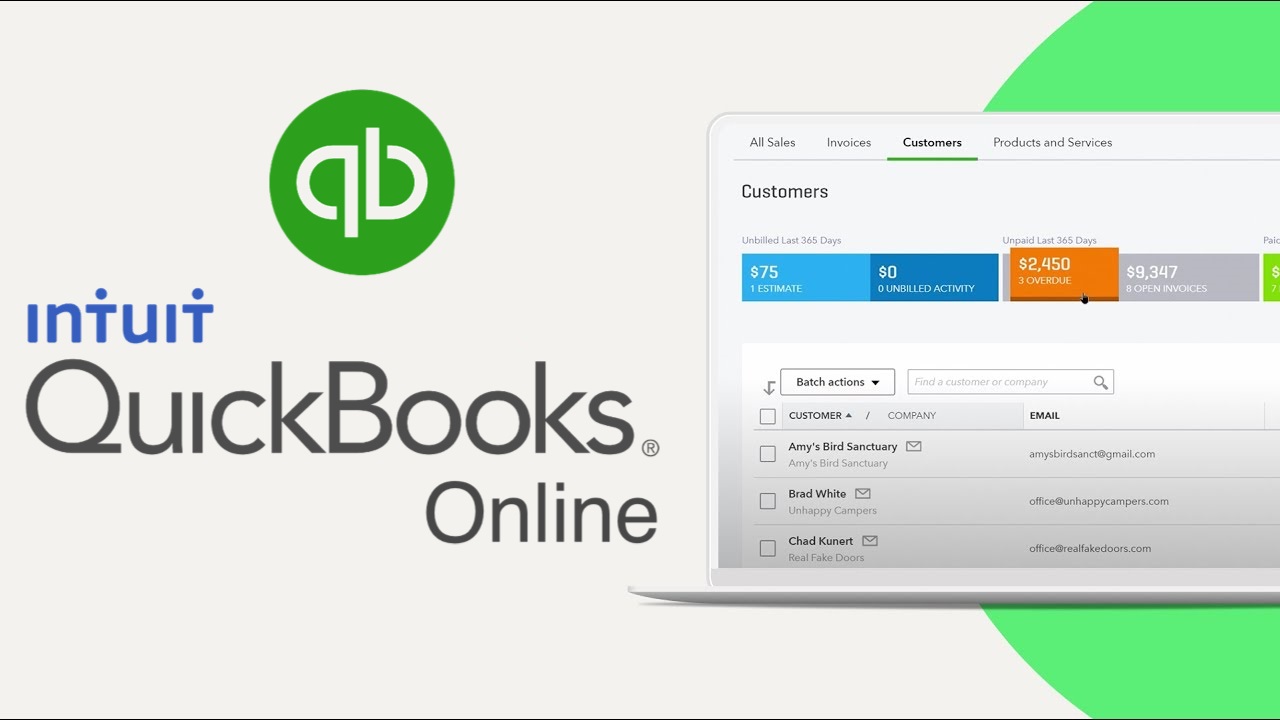For small business owners, tax season can be stressful, time-consuming, and often overwhelming. However, paying taxes is a necessary part of owning and operating a business. One strategy that small business owners can use to make the tax process easier is to make quarterly tax payments. In this article, we will explore the reasons why small businesses should regard quarterly tax payments.
What are Quarterly Tax Payments?
Quarterly tax payments, also known as estimated tax payments, are payments made to the IRS on a quarterly basis to cover a self-employed individual’s or business’s tax liability. These payments are typically made four times a year, with due dates of April 15th, June 15th, September 15th, and January 15th of the following year.

Quarterly tax payments are required for individuals who expect to owe at least $1,000 in taxes for the year, after subtracting any tax withholding or refundable credits. This includes self-employed individuals, sole proprietors, partners in partnerships, and S corporation shareholders who own more than 2% of the corporation’s stock.
Why Should Small Businesses Regard to Quarterly Tax Payments?
01. Avoid Late Payment Penalties and Interest :
By making quarterly tax payments, small business owners can avoid late payment penalties and interest charges. The IRS requires taxpayers to pay their taxes in full by April 15th of each year. If a taxpayer does not pay their taxes in full by this date, they may be subject to a penalty of 0.5% per month on the unpaid tax balance, up to a maximum of 25%. In addition to the penalty, the IRS may also charge interest on the unpaid tax balance, currently at a rate of 3% per year.
By making quarterly tax payments, small business owners can avoid these penalties and interest charges. Quarterly payments help ensure that taxes are paid on time and in full, reducing the risk of late payment penalties and interest charges.
02. Manage Cash Flow :
For small business owners, cash flow management is crucial. By making quarterly tax payments, small business owners can better manage their cash flow throughout the year. Rather than paying a large tax bill all at once, quarterly payments allow for smaller, more manageable payments throughout the year.
This can help businesses avoid cash flow problems and ensure that they have enough cash on hand to cover their tax liabilities. Quarterly payments also provide businesses with a more accurate picture of their tax liability throughout the year, making it easier to budget and plan accordingly.
03. Avoid Underpayment Penalties :
In addition to late payment penalties, the IRS may also assess underpayment penalties if a taxpayer does not pay enough tax throughout the year. Underpayment penalties occur when a taxpayer fails to pay at least 90% of their current year tax liability or 100% of their prior year tax liability (whichever is less) through a combination of withholding and estimated tax payments.
By making quarterly tax payments, small business owners can avoid underpayment penalties. Quarterly payments ensure that taxes are paid throughout the year, reducing the risk of underpayment penalties at tax time.
04. Simplify Tax Filing :
By making quarterly tax payments, small business owners can simplify their tax filing process. Quarterly payments help ensure that all taxes are paid throughout the year, making it easier to file an accurate tax return at the end of the year.
Quarterly payments also provide small business owners with a more accurate picture of their tax liability throughout the year. This can help businesses avoid surprises at tax time and make it easier to plan for future tax obligations.
05. Reduce Stress :
Paying taxes can be a stressful experience for small business owners. By making quarterly tax payments, small business owners can reduce their stress levels and avoid the last-minute rush to pay taxes at the end of the year.
Quarterly payments help ensure that taxes are paid throughout the year, reducing the risk of a large tax bill at the end of the year. This can help small business owners feel more in control of their finances and reduce the stress and anxiety associated with tax season.
06. Plan for Future Tax Obligations :
By making quarterly tax payments, small business owners can plan for future tax obligations. Quarterly payments provide businesses with a more accurate picture of their tax liability throughout the year, making it easier to budget and plan for future tax obligations.
This can help businesses avoid cash flow problems and ensure that they have enough cash on hand to cover their tax liabilities. Planning for future tax obligations can also help businesses avoid underpayment penalties and reduce stress during tax season.
07. Maintain Good Standing with the IRS :
Making quarterly tax payments can help small businesses maintain good standing with the IRS. By paying taxes on time and in full, small businesses demonstrate their commitment to compliance with tax laws and regulations.
Maintaining good standing with the IRS can also help small businesses avoid tax audits and other enforcement actions. This can save businesses time, money, and resources that would otherwise be spent on tax disputes and legal fees.
08. Take Advantage of Tax Deductions and Credits :
By making quarterly tax payments, small business owners can take advantage of tax deductions and credits. Quarterly payments help ensure that all taxes are paid throughout the year, making it easier to claim tax deductions and credits at the end of the year.
This can help small businesses reduce their tax liability and save money on taxes. Taking advantage of tax deductions and credits can also help small businesses reinvest in their business and fuel growth.
09. Build Credit :
Making timely quarterly tax payments can help small businesses build credit. By demonstrating their ability to manage their tax obligations, small businesses can build a positive credit history with the IRS.
This can help small businesses qualify for loans, credit cards, and other financial products that require good credit history. Building credit can also help small businesses establish a strong reputation in their industry and attract new customers.
10. Stay Compliant with Tax Laws and Regulations :
By making quarterly tax payments, small businesses can stay compliant with tax laws and regulations. Quarterly payments help ensure that all taxes are paid throughout the year, reducing the risk of noncompliance with tax laws and regulations.
Staying compliant with tax laws and regulations can help small businesses avoid penalties, fines, and legal fees. It can also help businesses build a positive reputation in their industry and maintain good relationships with customers, suppliers, and other stakeholders.
Also Read : 10 Reasons You Should Hire an Accountant to Help with Your Small Business Taxes.
Conclusion
Quarterly tax payments can provide small businesses with many benefits, including avoiding late payment penalties and interest, managing cash flow, avoiding underpayment penalties, simplifying tax filing, reducing stress, planning for future tax obligations, maintaining good standing with the IRS, taking advantage of tax deductions and credits, building credit, and staying compliant with tax laws and regulations.




